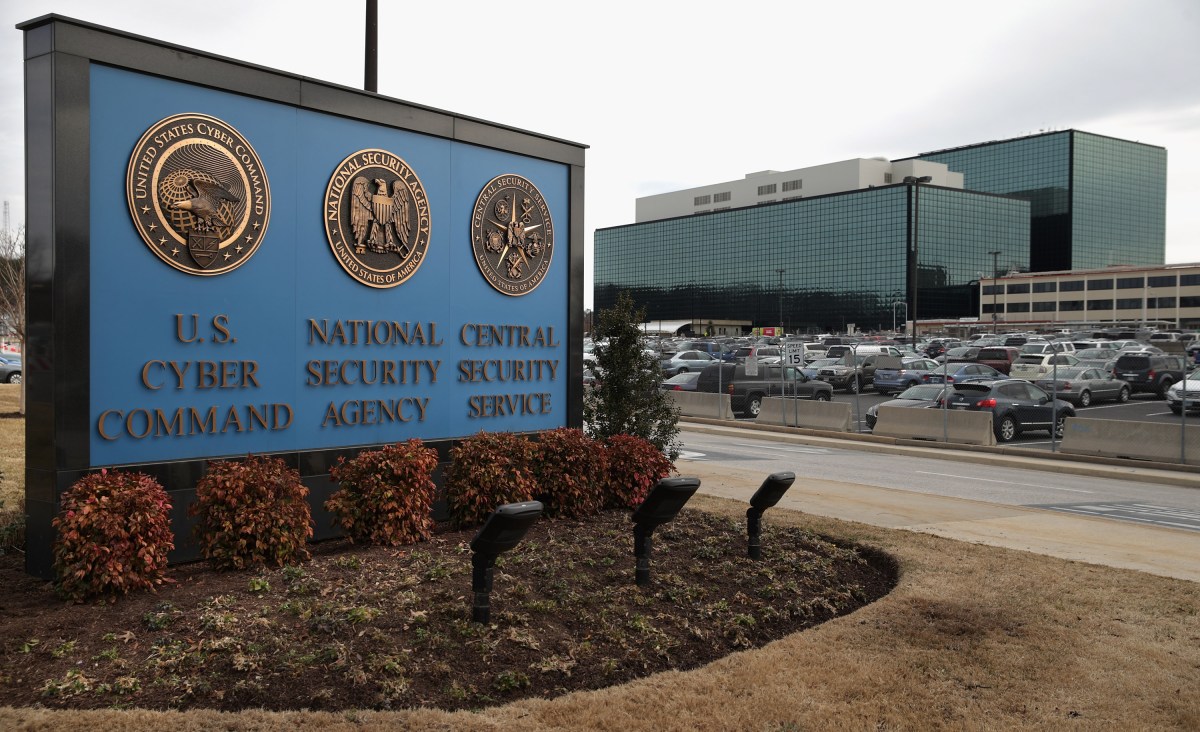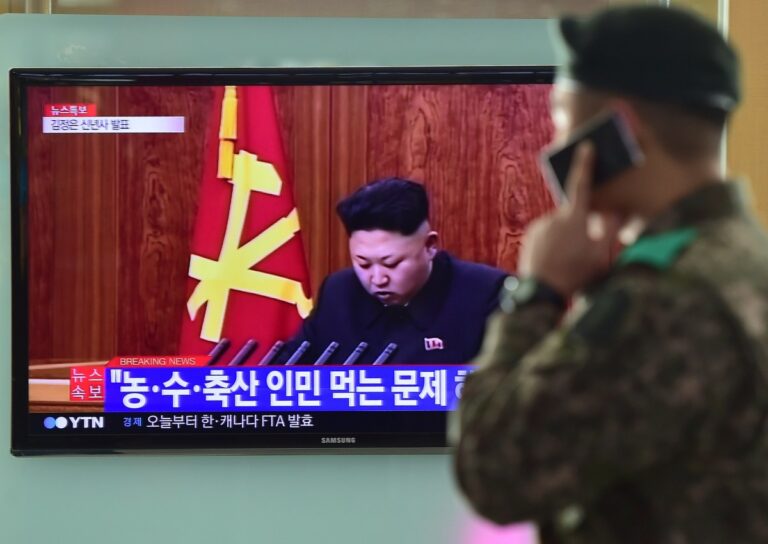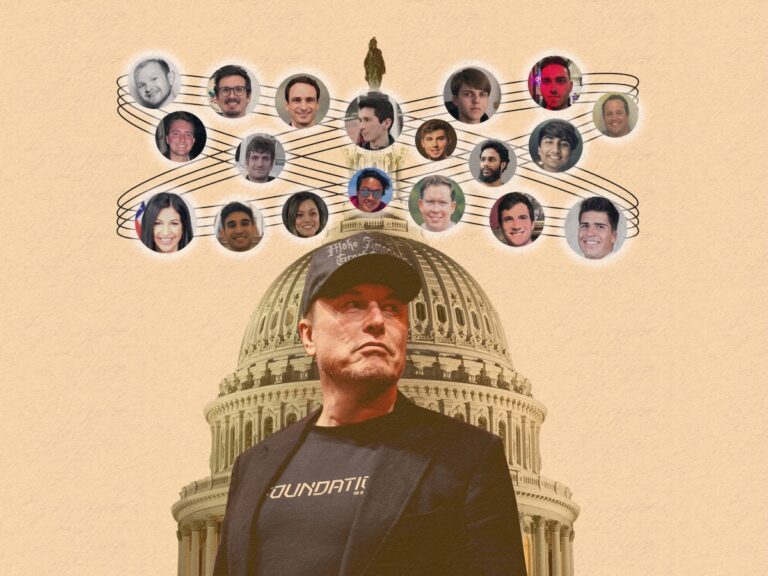Trump Dismisses NSA and Cyber Command Chief: What This Means for National Security
The recent firing of Timothy Haugh, the head of the National Security Agency (NSA) and Cyber Command, has sent shockwaves through the intelligence community. This unexpected move by the Trump administration raises questions about national security and the future direction of U.S. cyber defense strategies.
Details of Timothy Haugh’s Dismissal
Timothy Haugh, a distinguished military official, took the helm of the NSA in February 2024, following the retirement of his predecessor. Under his leadership, the NSA, recognized as the U.S.’s primary wiretapping and intelligence-gathering agency, also expanded its operational capabilities through Cyber Command, which conducts offensive cyber operations against adversaries.
Circumstances Surrounding the Firing
According to reports from The Washington Post and The New York Times, the decision to dismiss Haugh came after right-wing activist Laura Loomer urged President Donald Trump to remove him during a recent Oval Office meeting. Alongside Haugh, NSA deputy director Wendy Noble was also let go, leaving uncertainty regarding the current leadership of both agencies.
Government Response and Reactions
As the news broke, a spokesperson from the White House refrained from commenting on the rationale behind Haugh’s dismissal. Meanwhile, Eddie Bennett, a spokesperson for the NSA, directed inquiries to the Department of Defense, which oversees the agency. A representative from the Department of Defense acknowledged awareness of the reports but provided no additional information at this time.
The abrupt nature of Haugh’s firing has surprised many senior lawmakers. Senator Mark Warner, a Democrat from Virginia and vice-chair of the Senate Intelligence Committee, expressed his astonishment, stating, “General Haugh has served our country in uniform, with honor and distinction, for more than 30 years.” He raised concerns about national security, particularly in light of increasing cyber threats highlighted by the recent Salt Typhoon cyberattack from China.
Concerns About National Security
- Haugh’s removal raises questions about the administration’s commitment to combating cyber threats.
- Warner criticized the Trump administration for not holding accountable those responsible for sharing classified information.
- Congressman Jim Himes voiced his deep disturbance regarding Haugh’s dismissal.
Previous Engagements and Future Implications
In March, The Wall Street Journal reported a meeting between Elon Musk and Haugh at NSA headquarters in Fort Meade, Maryland. This meeting was aimed at aligning the agency’s priorities with the Trump administration’s directives. Musk had previously advocated for an overhaul of the NSA, though specifics were not provided.
The implications of Haugh’s firing extend beyond personnel changes; it raises significant questions about the future of U.S. cyber defense and intelligence strategies. As the nation faces increasing cyber threats, the ability to maintain effective leadership within the NSA and Cyber Command is crucial.
For those seeking more information on national security and updates on the NSA, stay tuned to reliable sources and stay informed about developments in this critical area.







